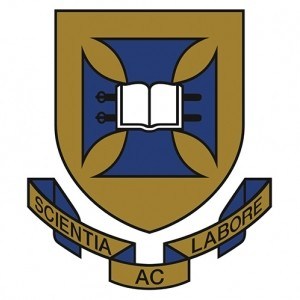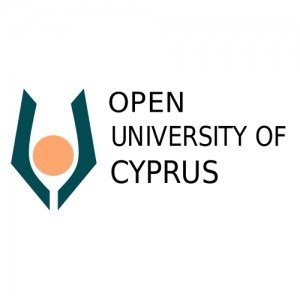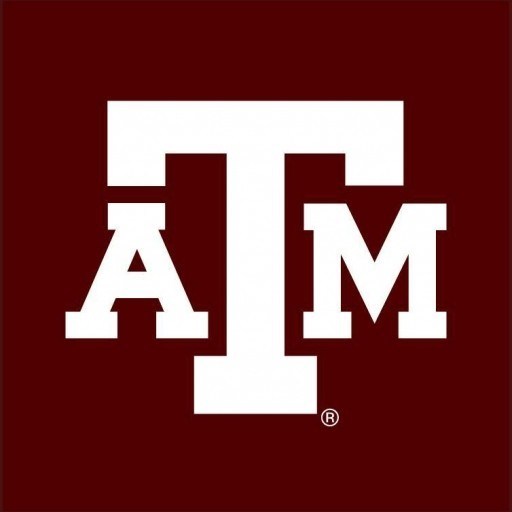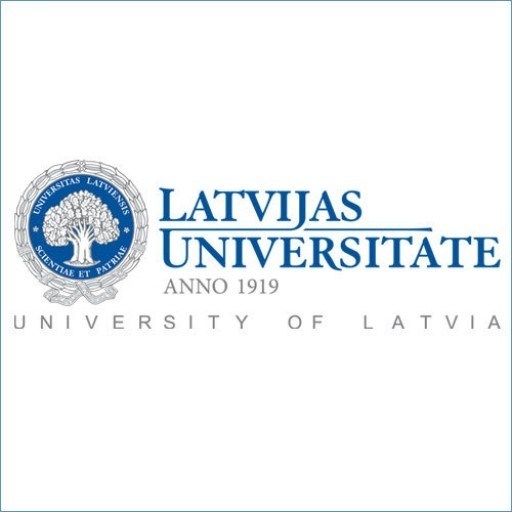Photos of university / #livuni
Description
The Doctor of Education - Higher Education (EdD) offered by the University of Liverpool offered fully online helps future visionary leaders develop and introduce innovative change to higher education worldwide. Students will benefit from a holistic approach that will help them advance their analytical skills and become effective leaders. You will learn how to best motivate and have an impact on others, how to stimulate collaborative learning and support practitioner reseach.
This online Higher Education Doctorate encourages a deep understanding of the role universities play as learning institutions, from a global perspective, allowing you to apply research-based knowledge and critical thinking in practical contexts around the world. Examine the current trends shaping higher education environments globally, with a special attention given to universities and other higher education institutions.
Develop confidence in the field by gaining in depth information about policy and academic literature and become capable of creating exceptional practical, research-informed knowledge. Benefit from a rewarding learning experience without having to sacrifice your present career in a programme delivered 100% online.
Modules offered by the Doctor of Higher Education include Leadership, Policy and Institutional Change, Action Research for Educational Leadership and Internationalisation and the Impact of Global Trends. In addition to the core modules, students are expected to write a Doctoral Development Plan (DDP) reflecting on their development as doctoral practitioners and researchers.
Why choose this online Doctor of Education programme?
Career options
Our EdD graduates can expect to develop successful careers in roles such as:
- Dean
- Professor
- Campus manager
- CEO
- Director of learning innovation
- Head of research office
- Faculty manager
- Vice president
- Lecturer
- Director
Contents
Preparatory Modules
- Student Readiness Orientation
Core Modules
- Doctoral Development Plan
- Becoming a Doctoral Practitioner
- Learners and Learning
- Learning: Environments, Infrastructures and Organisations
- Ways of Knowing: Perspectives on Educational Research and Practice
- Values in Educational Research and Practice
- Leadership, Policy and Institutional Change
- Educational Research Methods
- Action Research for Educational Leadership
- Internationalisation and the Impact of Global Trends
- Thesis
Doctoral Development Plan (DDP)
Alongside the core modules, students each write a Doctoral Development Plan (DDP) reflecting on their development as doctoral practitioners and researchers. The DDP helps students create doctoral-level professional knowledge and develop the critical thinking skills needed for leading businesses and organisations in the midst of ambiguity.
Thesis
Students complete their qualification with an original thesis based on a critical project undertaken in their organisation. Unlike a thesis for PhD research, this thesis is designed to produce new, actionable knowledge for immediate use.
Audience
The online EdD programme is aimed at senior education professionals looking to take their careers to the next level, while continuing to work.
Requirements
Both educational qualifications and work experience are taken into consideration when you apply to the University.
In general, you will be expected to have the following:
- A masters degree within a Social Science discipline from a recognised institution comparable and/or equivalent to a British masters degree
- A minimum of two years relevant working experience
- If you do not have a masters degree, you may still be eligible based on your professional experience and qualifications. We evaluate these applications on a case-by-case basis.
English Language Requirements
IELTS band: 7 TOEFL iBT® test: 95
IMPORTANT NOTE: Since April 2014 the ETS tests (including TOEFL and TOEIC) are no longer accepted for Tier 4 visa applications to the United Kingdom. The university might still accept these tests to admit you to the university, but if you require a Tier 4 visa to enter the UK and begin your degree programme, these tests will not be sufficient to obtain your Visa.
The IELTS test is most widely accepted by universities and is also accepted for Tier 4 visas to the UK- learn more.
Work Experience
At least 2 year(s) of work experience is required.
A minimum of two years of relevant work experience, including at least some responsibility for coordinating or managing the activity of colleagues. Students must have ongoing scope to interact with other Higher Education professionals, and to conduct investigative exercises in an educational setting in order to complete assessment tasks on the programme.
Technological Requirements
Computer and internet access.Want to improve your English level for admission?
Prepare for the program requirements with English Online by the British Council.
- ✔️ Flexible study schedule
- ✔️ Experienced teachers
- ✔️ Certificate upon completion
📘 Recommended for students with an IELTS level of 6.0 or below.
Funding
University of Liverpool Online is committed to helping you achieve your educational goals. We understand that you may need additional funding to earn your degree.
The resources below show some of the alternative financial assistance opportunities available for students. Many of these sources can help pay for tuition while you are enrolled in your program or assist you with loan repayment after graduation. If you are interested in these resources, contact the financial assistance grantor directly for information.
Financial Institutions USA- Federal Student Aid: Free Application for Federal Student Aid
- Bank Loan: Citibank Student Loan Corporation
- Bank Loan: Wells Fargo Student Loans
- Each bursary is worth £500 and they are open to students from anywhere in the world: How to apply for a Postgrad Solutions Study Bursary
- General overview of the types of international education loans available, and who can apply for each.
- Loan programs are for international students from anywhere in the world studying in the United States, or for US students studying abroad: International Education Financial Aid (IEFA)
- Commonwealth Distance Learning Scholarships offer the opportunity to study for a UK Master's degree while living and working in your home country: Commonwealth Scholarship and Fellowship Plan (CSFP)
- Study Loan South Africa: National Student Financial Aid Scheme of South Africa
- United States Department of Veteran Affairs: Tuition Assistance and Scholarships for Military Veterans
- The expert guide shows you how to get the most from your military education benefits.
- The trust aims primarily to help first degree students. Students must be younger than 35 when the course starts. Eligible foreign students studying in Britain can also apply. Postgraduates may also receive support. Distance learning, correspondence, part-time and short-term courses may be considered according to circumstances, in particular Open University engineering courses.
More
Accreditation
All UK universities are regulated and monitored by a government body, the QAA. Some of the older, well-established UK Universities have been awarded a Royal Charter. The Royal Charter was granted to the University of Liverpool in 1903; it is a sign of proven academic quality and allows the University to independently award Bachelors, Masters, and to doctorate degrees.
The University of Liverpool is also funded by the Government (Department of Education and Science) via the Higher Education Funding Council for England (HEFCE). HEFCE established the Quality Assurance Agency (QAA) to oversee the quality of degrees in HEFCE-funded universities.
The US and Canada are happy to accept the standard of degrees awarded by universities in the UK as equivalent to their own corresponding degrees.
The degrees offered via the Internet through Laureate Online Education are fully recognised Master's degree programmes of the University of Liverpool with exactly the same status and standing as other Masters level degrees of the University.











